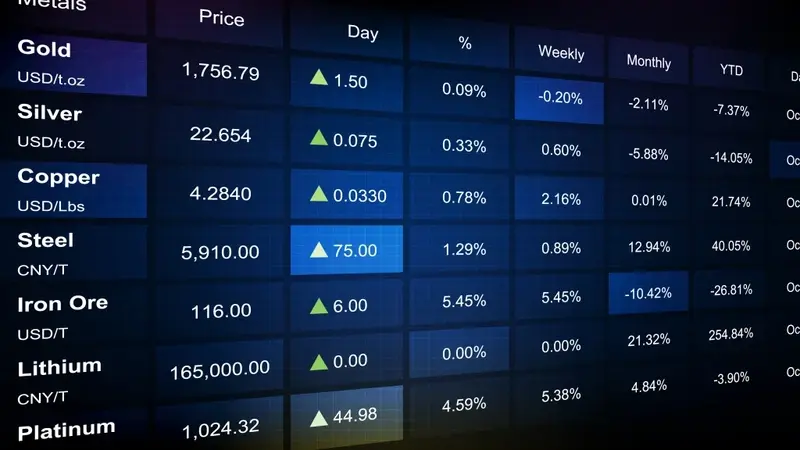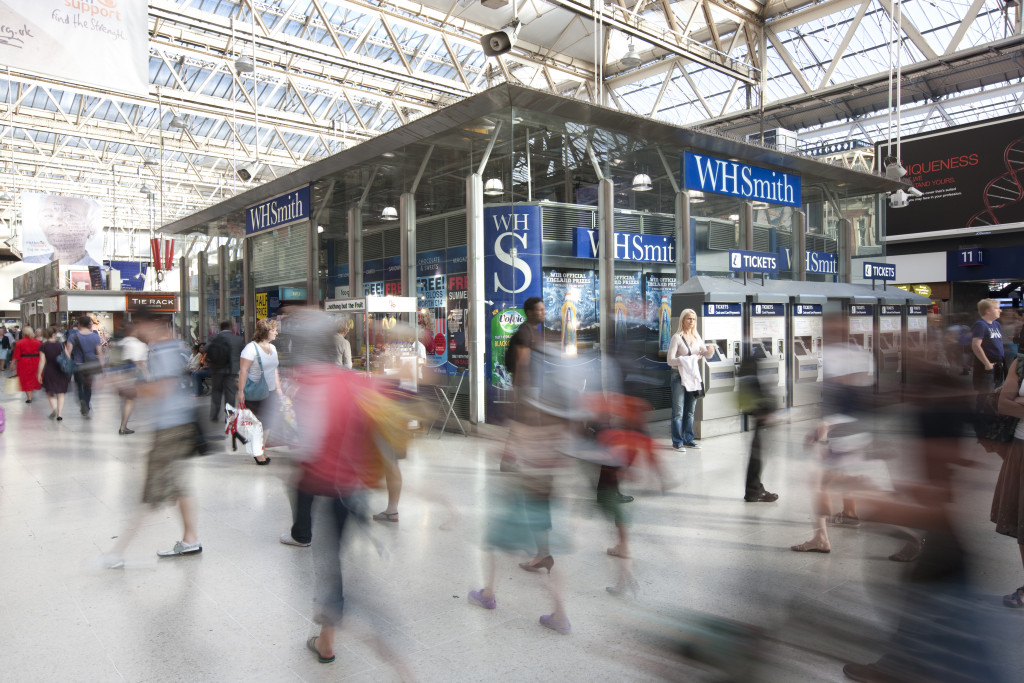
Indications of weakening economies in both China and the UK were enough to send stock prices lower at the open on Wednesday, as UK house price growth slowed in August, while in China both import and export growth are losing steam.
The FTSE 100 index was down 102.13 points, or 1.4%, at 7,198.49 early Wednesday. The mid-cap FTSE 250 index was down 82.45 points, or 0.4%, at 18,738.39. The AIM All-Share index was down 1.18 points, or 0.1%, at 864.20.
The Cboe UK 100 index was down 1.4% at 718.83. The Cboe 250 was down 0.6% at 16,127.35, and the Cboe Small Companies down 1.4% at 12,619.47.
House prices in the UK rose 11.5% in August from a year before, but this was slower than the 11.8% annual rise in July. August’s print was also behind market consensus, according to FXStreet, which had forecast a 12.5% rise.
Versus the previous month, house prices increased by 0.4% in August, picking up from July’s 0.1% drop.
‘The slight fall seen in average house prices in July was offset by a return to growth during August - although the increase was relatively modest compared to the rapid inflation we’ve witnessed in recent times. Over the last year the rate of monthly house price inflation has averaged around 0.9%,’ Halifax Mortgage Director Kim Kinnaird said.
The typical house price reached another record high in August of £294,620.
‘While house prices have so far proved to be resilient in the face of growing economic uncertainty, industry surveys point towards cooling expectations across the majority of UK regions, as buyer demand eases, and other forward-looking indicators also imply a likely slowdown in market activity,’ Kinnaird added.
Barratt Developments was down 0.4% after the UK housebuilder’s annual profit slumped 21% to £642.3 million from £812.2 million the prior year. Revenue, however, improved 9.5% to £5.27 billion from £4.81 billion.
Total completions increased by 3.9% to 17,908 from 17,243, which Barratt noted was a return to pre-pandemic levels. Looking ahead, Barratt is targetting total home completion growth of 3% to 5% in financial 2023, to between 18,400 and 18,800 homes.
Barratt upped its total shareholder payout to 36.9 pence from 29.4p. It has also approved a £200 million share buyback programme, with an initial £50 million tranche to be completed by the end of 2022.
In Asia on Wednesday, the Japanese Nikkei 225 index closed down 0.7% at 27,430.30. In China, the Shanghai Composite ended 0.1% higher at 3,246.00, while the Hang Seng index in Hong Kong was down 0.8% at 19,051.99 in late trading.
China’s export growth slowed significantly in August as economic uncertainty was exacerbated by strict Covid-19 lockdowns across the country.
Last month, China’s exports expanded 7.1% year-on-year, slowing from 18% growth in July, China’s General Administration of Customs said, while imports were up only 0.3%, compared with a 2.3% rise in July.
Analysts surveyed by Bloomberg forecast export growth of 13% and a 1.1% increase in imports.
The slowdown in trade comes as global demand for Chinese products weakens, with energy prices soaring and the US facing the threat of recession.
Miners were hurt by concern about demand from China, a major buyer of metals. Rio Tinto was down 3.5%, Anglo American down 3.3%, Antofagasta down 2.6%, and Glencore down 3.1%.
Brent oil was trading at $91.40 a barrel, down from $93.17 late Tuesday. Tracking lower oil prices, Shell was down 2.5%, and BP was down 2.2%. Deutsche Bank noted that oil demand could remain under pressure amid China’s Covid-19 lockdowns.
In the FTSE 250, WH Smith was down 2.4%, despite the retailer saying its revenue in financial 2022 was ‘comfortably’ ahead of its pre-Covid levels.
Its Travel business saw a strong second half performance, the company said, as passenger numbers increased with the lifting of Covid-19 restrictions. As a result, WH Smith said it expects its annual results, for the financial year ended August 31, to be in line with upgraded expectations.
Among London small-caps, auto parts and cycling retailer Halfords was up 11%. It reported ‘good’ revenue growth in the 20 weeks to August 19, helped by product price cuts, and reconfirmed its annual profit target.
Total revenue in the 20-week period was up 9.2% year-on-year, but like-for-like sales were down 1.9%. Halfords pinned the revenue slowdown on a surge in sales when the UK emerged from its final Covid lockdown.
‘We are working extremely hard to help our customers with the cost-of-living crisis and have dropped prices across nearly 2,000 motoring essentials, ensuring that products remain accessible and affordable for all,’ Chief Executive Graham Stapleton said.
James Fisher fell 9.2%. The marine services provider reported a sharp drop in interim profit as an increase in bank borrowings in the first of the year and lockdowns in China impacted profitability and its ability to complete two long-term projects.
Pretax profit fell 29% to £3.2 million from £8.1 million the previous year while revenue inched 2.0% higher to £238.4 million from £233.7 million.
Looking forward, Fisher said it expects the second half of the year to be better than the first as it reported a strong order book in Offshore Oil and Marine Contracting.
In mainland Europe, the CAC 40 in Paris and the DAX 40 in Frankfurt were both down 0.7%.
Sterling was quoted at $1.1495 early Wednesday, down from $1.1531 at the London equities close on Tuesday.
The euro traded at $0.9901 early Wednesday, lower than $0.9910 late Tuesday. Against the yen, the dollar was quoted at JP¥143.97, up from JP¥142.90.
Gold was quoted at $1,698.41 an ounce early Wednesday, down from $1,702.85 on late Tuesday.
Still to come Wednesday, there is EU gross domestic product and employment data at 1000 BST.
Copyright 2022 Alliance News Limited. All Rights Reserved.





